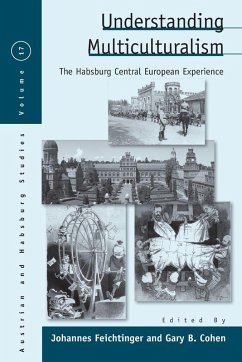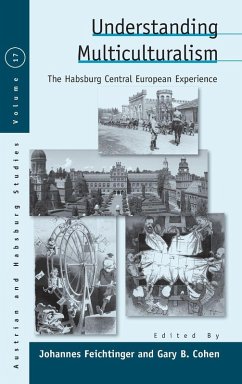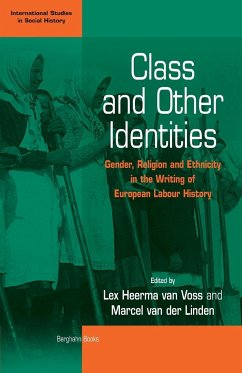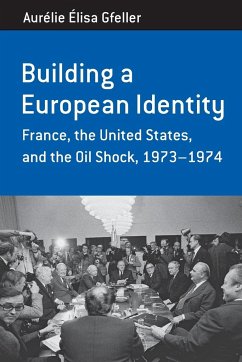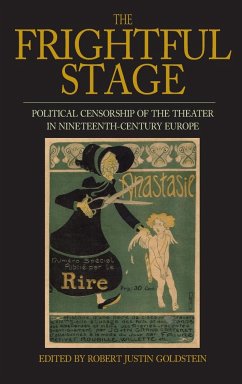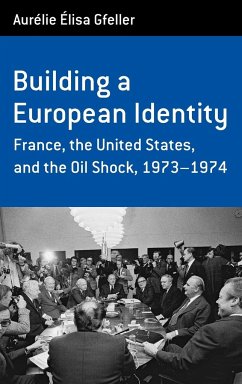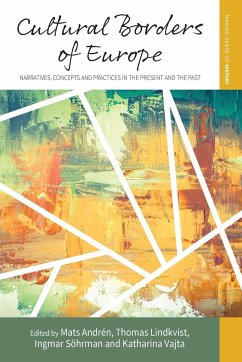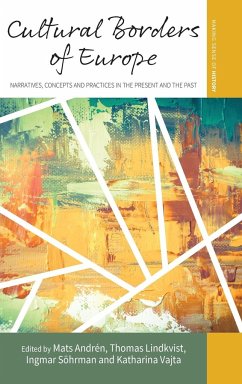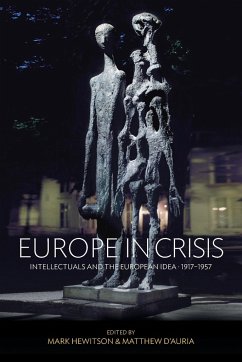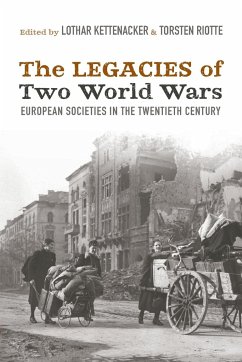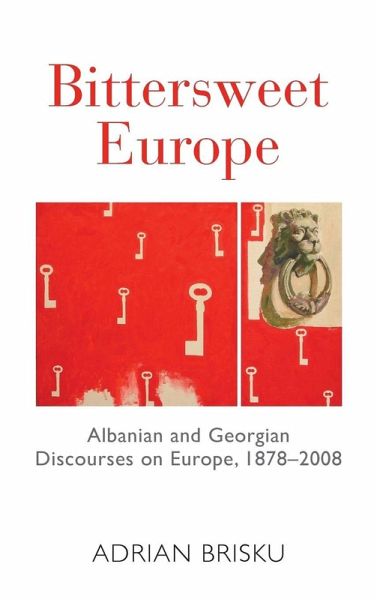
Bittersweet Europe
Albanian and Georgian Discourses on Europe, 1878-2008

PAYBACK Punkte
66 °P sammeln!
A rare comparative account of how ‘Europe’, as a cultural category, has been seen from its margins as opposed to how "Europe" has viewed its peripheries, "demi-Orient" or "Orient". Valuable historical perspective on political and geo-political discourses on ‘Europe’ as well as socio-economic alternatives generated from two peripheral countries. Illuminates tensions, conflicts, debates and dilemmas triggered by the normativity of "Europeanness", and the desire to make it a component of national identities. Draws on massive new material unknown outside Georgia and Albania.




